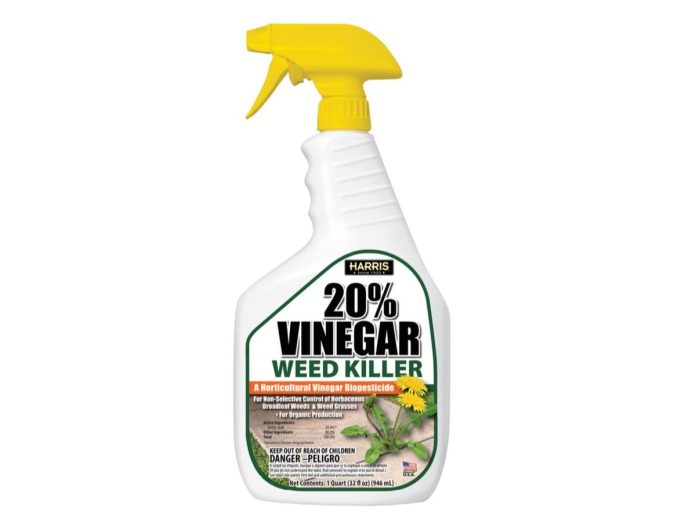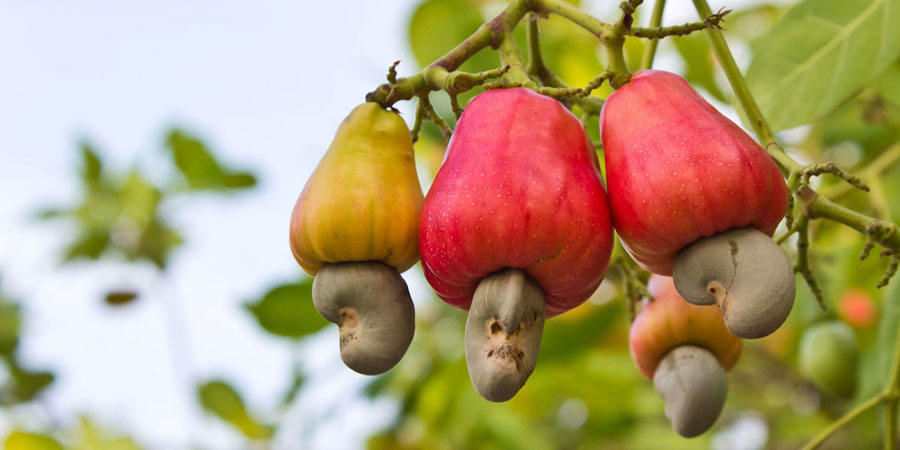Weeds control is a vital part of organic farming like other farming ventures. The use of chemical weedicides is very common because they are available in agrochemical outlets. These chemicals can, in the long term, affect your land and crops. It is, therefore, important to consider organic weedicides when it comes to weed control.
In the end, you will learn a number of options when it comes to controlling weeds the organic way with any organic weedicide.
Read also: Organic Farming: Types, Principles, Methods and Importance
Three main purposes of an organic weed killer
Environmentally Friendly: Organic weedicides is a safer and greener alternative to synthetic herbicides because it is made from natural, plant-based chemicals. It lessens the possibility of chemical runoff, soil pollution, and damage to organisms other than the targets, such as beneficial insects and wildlife.
Health and Safety: When compared to synthetic herbicides, organic weedicides present fewer health concerns to people. It reduces the likelihood that farmers, gardeners, and consumers will come into contact with dangerous chemicals. It maintains the general health of ecosystems, encourages safer working conditions, and safeguards water resources.
Sustainable Weed Management: Organic herbicides promotes environmentally friendly farming and gardening methods while providing efficient weed control. It offers a workable alternative to synthetic herbicides for weed control in organic farming systems. In order to maintain weed-free fields and gardens while upholding the principles of organic farming, organic weedicide is used. This enables sustainable crop production and healthy plant development.
Effective Organic Weedicides
1. Baking soda
This can also be used as an organic weedicide to kill weeds. Pour hot water on the weeds and then sprinkle some baking soda on them. Be careful not to harm the organic crops present. You can also dissolve baking soda in water with cake soap, shake well and spray on weeds.
Baking soda may change your soil pH.
2. Vinegar
Vinegar is also effective in killing weeds. Acetic acid is the active ingredient in vinegar that kills the weeds. Vinegar with 5% to 20% acetic acid would be effective against weeds. However, high concentrations of acetic acid may harm your soil and may kill all plants. It can also prevent new plants from growing in that soil.
Add half a teaspoon of organic liquid soap to 1 liter of vinegar in a spraying machine. Shake well before you spray on weeds. Avoid contact with skin. A high concentration of acetic acid can burn you.
Acetic acid can lower the pH of your soil.
Read also: Vermiculture and Vermicomposting: Benefits and Constraints In Organic Farming
3. Boiling water
Hot water can burn plants. It is, however, not very efficient to eradicate weeds completely. Be careful not to burn yourself.
4. Flame and steam
This method uses flame torches. After a good rain or you can water the weeds, glide the torch over on top of the weeds. It will burn the weeds by heating up the water on the weeds.
Steam machines work in a similar way by boiling the water on the leaves and burning them. Make sure you don’t burn yourself.
Read also: Why is Organic Fertilizer Better?
5. Oil
Oil is one of the effective ways to kill weeds in your organic farms. The oil suffocates and kills the weeds. When the sun is scorchy the oil would burn the leaves of the weeds.
You can mix any biodegradable vegetable oil with soap and spray on weeds. Shake well and apply on weeds. Neem oil serves a dual purpose as a pesticide and weedicide. You may also use citrus oil extract, pine oil, cinnamon oil, castor oil, thyme oil, clove oil, lavender oil, or peppermint oil.
6. Combination of ingredients
We have talked about various ingredients and substances that can kill weeds. How about a combination of some of these ingredients?
A combination of baking soda, vinegar, salt, and oils with soap can make a very effective weed killer. Just mix well and apply it to weeds.
You may also acquire already formulated organic weedicide from your trusted outlets.


